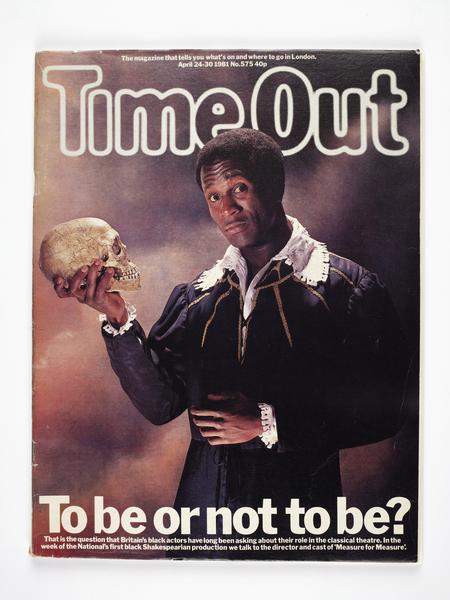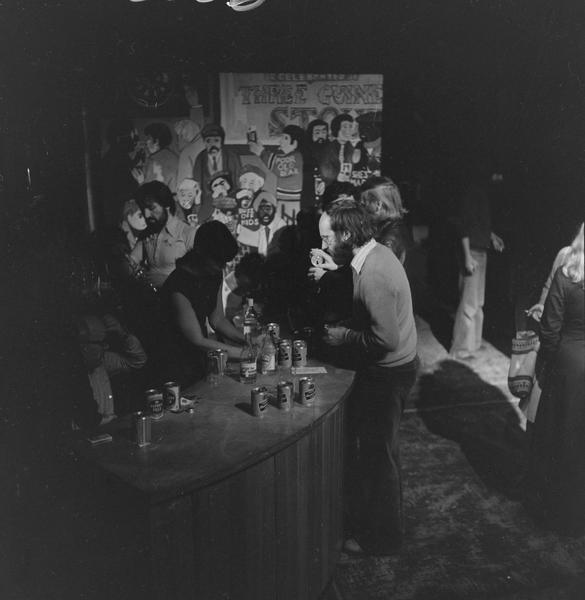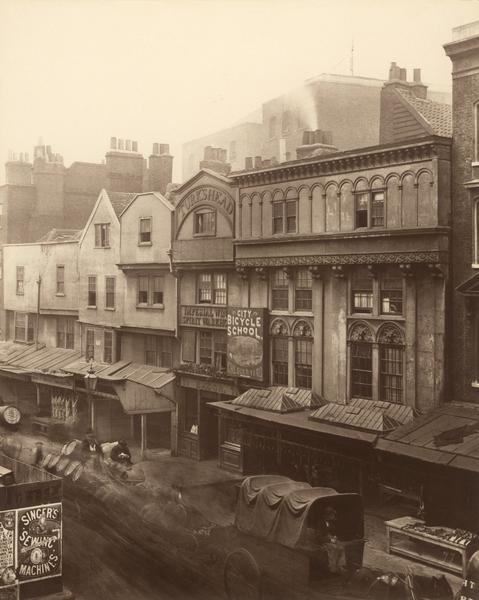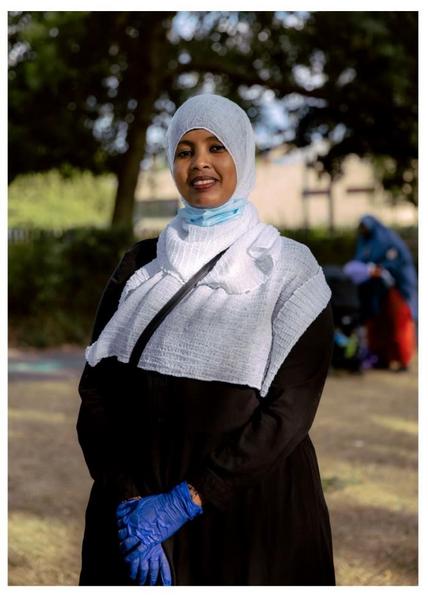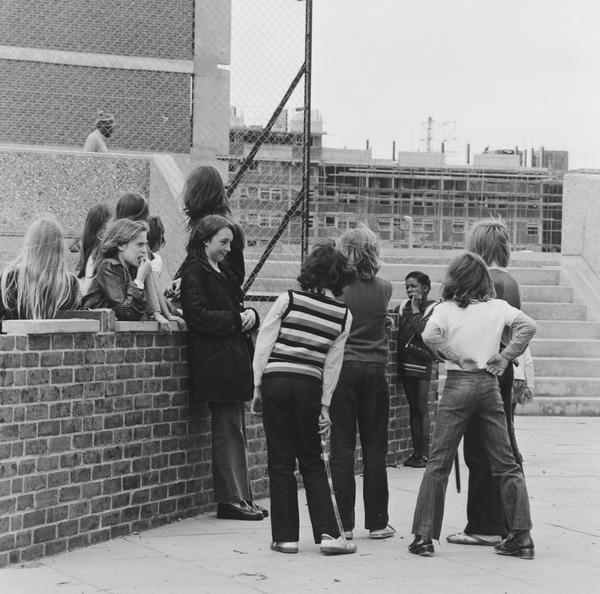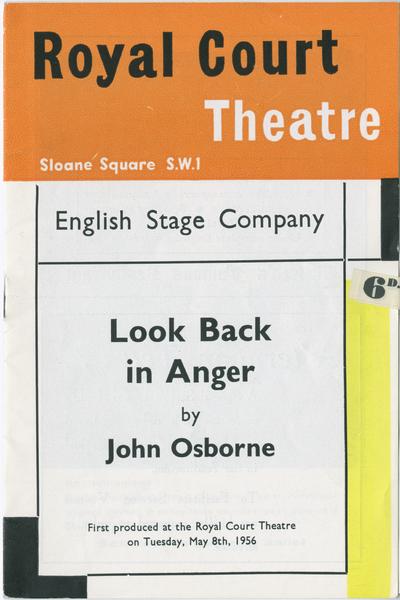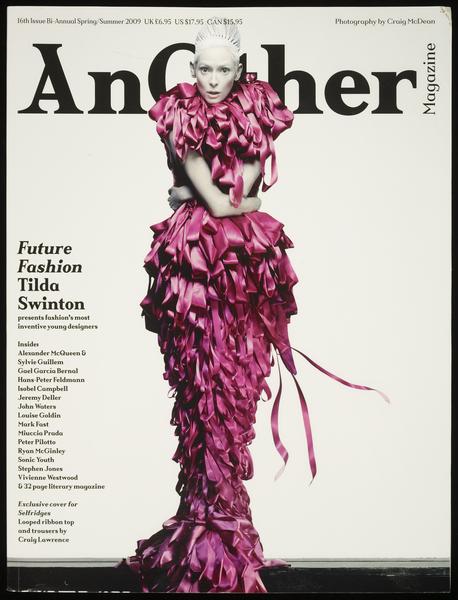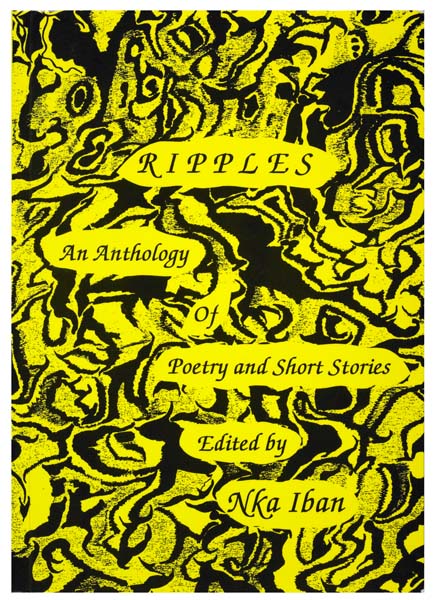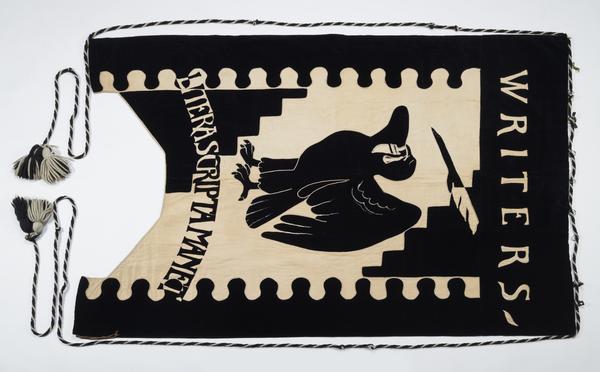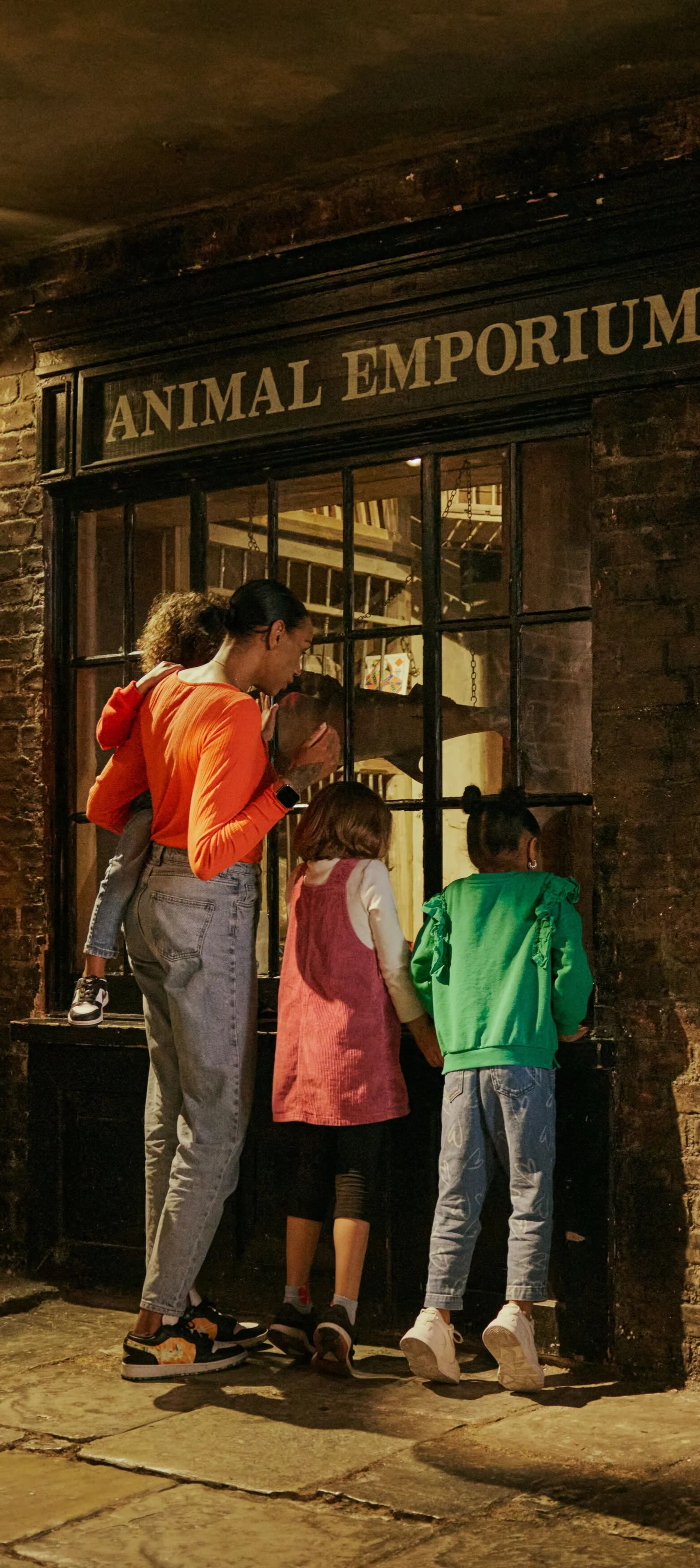Michaela Coel: A vital modern storyteller
Michaela Coel is an award-winning writer, director and actor from London. She’s the creator of I May Destroy You and Chewing Gum, two fearlessly honest series drawing from her own life.
Aldgate
1 October 1987

Michaela Coel as Arabella in I May Destroy You.
Funny, shocking, powerful
Using her own experiences of life in east London, Michaela Coel has created shows that have connected with millions of people.
Her work has surveyed modern relationships. Confronted the aftermath of sexual assault. Portrayed the slippery complexities of friendship. Offered a fresh perspective of life on a council estate. Veered between hilarious comedy, social observation and heart-aching tragedy. And it’s all been received with rave reviews, plus a handful of BAFTA and Emmy awards.
Since achieving this success, Coel has challenged the racism and sexism she’s witnessed in the TV industry. She’s supported those hoping to follow in her footsteps – especially people from backgrounds that are less commonly represented. She’s shared her scripts and notes, mentored up-and-coming writers and written a book recounting her own beginnings in the industry.
Coel started life on a council estate
Michaela Coel was born Michaela Ewuraba Boakye-Collinson on 1 October 1987. She grew up on a council estate in Aldgate, on the border between Tower Hamlets and the City of London.
The City of London is the capital’s powerful financial hub. Tower Hamlets is a borough with a rich multicultural history, but from 2022 to 2023 it had the worst child poverty rate in London.
In her book Misfits, Coel described how her estate contrasted with the City of London: “Between its modern corporate skyscraper towers and medieval alleyways exists a social housing estate. Right there, in plain sight, yet somehow unseen… that’s my proud home.”
Despite experiencing racism there as a child, Coel remembers her estate as a place where people knew each other, talked to each other, helped each other. This was not the downtrodden, crime-ridden stereotype often used by the British media. “It was a strong mix of mainly immigrants,” she told the Hackney Citizen in 2015. “Everyone was very poor and as much as our cultures clashed we were wonderfully united by economic circumstances.”
Coel was raised by a single mum
Coel’s parents came to Britain from Ghana. They split up before she was born, so Coel and her sister were raised by her mum – a cleaner who studied in her spare time to become an NHS mental health nurse.
When Coel was eight, her mum took her to the local Bridewell Theatre, which offered children from low income families free entry to their youth group. It was Coel’s first experience on stage.
“Coel became an evangelical Pentecostal Christian and convinced her family to do the same”
Christianity led her to poetry and acting
At 18, Coel became an evangelical Pentecostal Christian and convinced her family to do the same. Religion provided creative inspiration. Coel wrote her first poem and soon began performing her poetry.
Coel studied political science at the University of Birmingham, but dropped out within a month. Later, she tried English literature and theology, but again left before graduating. She worked a series of jobs, including at Topshop and JD Sports.
During a poetry performance at the Hackney Empire, she was approached by the theatre director Ché Walker. Walker encouraged Coel to begin acting and suggested she should go to drama school.
Guildhall, racism and re-evaluating religion
In 2009, Coel began studying at the prestigious Guildhall School of Music and Drama in central London. Coel was the school’s first Black woman student in five years. In an improvisation class, a teacher used a racial slur towards her. The school has since apologised to her and the actor Paapa Essiedu, who was also in the room at the time.
Coel’s time at Guildhall led her to question her faith. At drama school, she’d made friends with students who were gay. But at her church, homosexuality was viewed negatively. Gay people, she’d been taught, ‘needed saving’. She now saw that wasn’t true. Coel gradually left the faith.
In her final year at Guildhall, Coel wrote the first version of her autobiographical one-woman play, Chewing Gum Dreams.
Chewing Gum
After drama school, Coel’s play gathered momentum. She took an extended version to the Yard Theatre in Hackney Wick, east London. In 2014, it went to the Shed at the National Theatre. There, the play was noticed by a TV production company.
Chewing Gum was Coel’s big break on TV, winning her two BAFTA awards. The series follows Tracey Gordo, a Beyonce fan in her twenties from a strict Christian family, living on an estate in working-class east London. Gordo goes on a journey of self-discovery while trying to lose her virginity.
Chewing Gum ran for two seasons, airing in 2015 and 2017. Coel was the creator, writer and star.
“The show struck a chord, presenting modern ideas about sex, consent, friendship, social media and Black identity”
I May Destroy You
Coel’s next project, I May Destroy You, aired on BBC and HBO in 2020. Coel wrote, co-directed and executive produced it. It was an enormous hit, winning Baftas and an Emmy.
Coel plays the main character, Arabella, an emerging author who is sexually assaulted on a night out after having her drink spiked. The traumatic experience was lifted directly from Coel’s life.
Across 12 episodes which blend intense drama and humour, we watch as the main character pieces together what happened and reckons with the assault’s effects.
The show struck a chord, presenting modern ideas about sex, consent, friendship, social media and Black identity – and challenging us to question them.
Coel revealed that when she was pitching the show to channels, Netflix offered her a $1 million deal. She turned it down because they wouldn’t give her a percentage of the copyright.
Coel’s London
Although Coel often escapes London to write, she still puts the capital at the core of her creations. As with Chewing Gum, London was the major setting of I May Destroy You. Arabella lived in the sort of flat-share familiar to many Londoners – and to Coel.
In 2018, Coel was still living in a Hackney flat-share. In an interview with Time Out, she chose Hackney Downs as her favourite place in London. “I spent all of my teenage years there and now I’m living around the corner. People think it’s dangerous there – it’s not dangerous… Sometimes I’ll go at 2am on my own, just to sit there.”
TV and film acting
Coel’s first TV role came in Top Boy, the hugely popular series centred on life and crime in Hackney. She’s since appeared in The Aliens, Black Mirror, Mr & Mrs Smith and Black Earth Rising. On the big screen, Coel’s film credits include Star Wars: The Last Jedi and Black Panther: Wakanda Forever.


